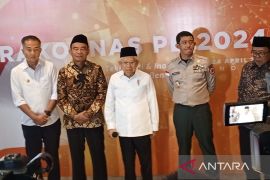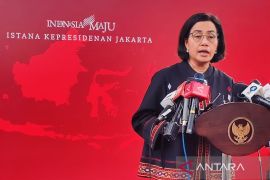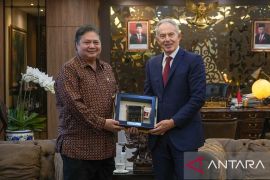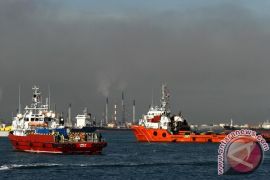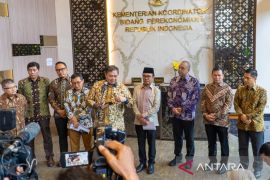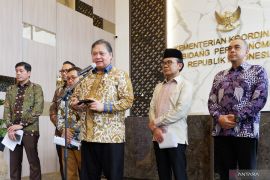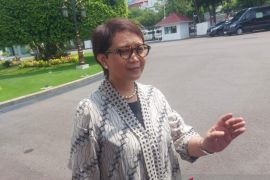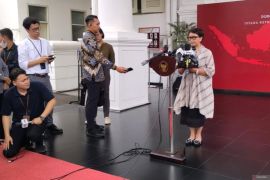The announcement came after two days of talks between a team of UN nuclear experts and Iranian negotiators ended without agreement.Tehran (ANTARA News/AFP) - Iran and the UN atomic watchdog agreed Thursday to resume talks over the Islamic state`s disputed nuclear activities in Tehran on February 12, state television said, without giving a source.
The announcement came after two days of talks between a team of UN nuclear experts and Iranian negotiators ended without agreement, according to a diplomatic source speaking to AFP in Vienna.
The UN team led by the International Atomic Energy Agency`s chief inspector Herman Nackaerts was due to return to Vienna on Friday, the source said.
A second source, a Western diplomat, told AFP the latest he had heard was there were "still differences".
Iran`s state television did not provide any details about the negotiations.
The talks marked the second round of negotiations in little over than a month between IAEA experts and negotiators headed by Tehran`s IAEA representative Ali Asghar Soltanieh, ISNA news agency reported.
Diplomats in Vienna said earlier they had received no indication from the IAEA delegation whether any real progress had been made at the meeting in Tehran, the latest in a year of attempts by both sides to secure a deal.
"We don`t want to speculate at this point on what the extension into a second day might mean," one Western envoy told AFP, wishing to remain anonymous.
A second said the extension was "more a sign that that they need more time to discuss in the only place that both sides can have the authority to agree anything".
The IAEA declined to comment.
ISNA said "technical discussions" on Wednesday had focused on finding a "solution to concerns and questions raised by the IAEA".
Nackaerts urged Iran to be "constructive", in remarks Tuesday before flying out to Tehran.
He also repeated "hope" Iran would grant access to Parchin, a military base near Tehran where the agency suspects Iran could have carried out experiments with explosives capable of triggering a nuclear weapon.
But the IAEA`s hopes of reaching a deal were not high.
IAEA head Yukiya Amano has said he was "not necessarily optimistic," while a Western diplomat told AFP at the weekend "there still remain some pretty big disagreements" with Tehran.
In mid-December the IAEA failed to reach an agreement for a "structured approach" for Iran to address what it calls "overall, credible" evidence of nuclear weapons research having been carried out until 2003 -- and possibly since then.
Iran vehemently denies having ever sought an atomic bomb.
Foreign ministry spokesman Ramin Mehmanparast said the government hoped to conclude a comprehensive agreement with the IAEA on Wednesday.
But that would only be possible if the agency recognised Iran`s "nuclear rights," he said, while playing down the chances the IAEA team might get access to Parchin.(*)
Editor: Heru Purwanto
Copyright © ANTARA 2013
